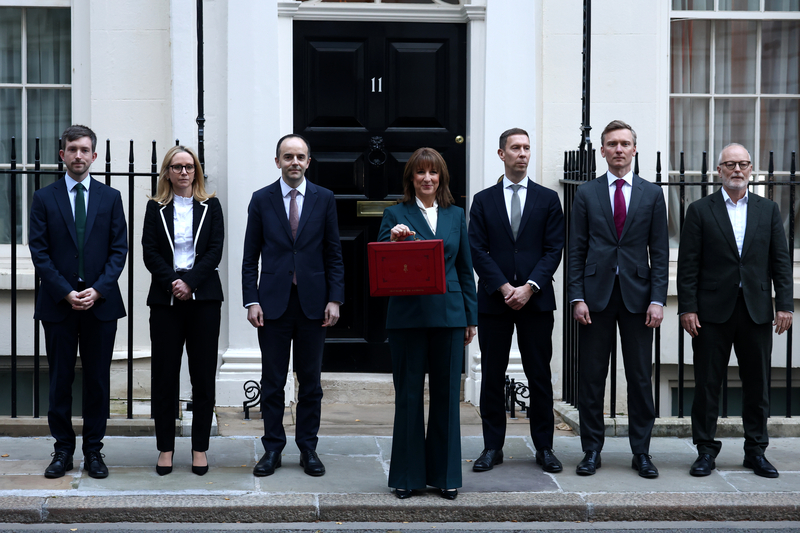
When a good reputation can leave you exposed
Youve worked hard to build an impeccable reputation. Your comms team is excellent at getting your accomplishments the attention they deserve. Your organisation has cordial working relationships with various journalists and your stakeholders are never anything but extremely satisfied with your performance.
So were a crisis to unfold, you couldnt be in a stronger position, right?
Well, yes and no. The very fact your organisation has avoided problems in the past means it is unlikely to have first-hand experience and knowledge of what to do if a problem strikes out of the blue, and may even have become complacent about its day-to-day operations. There is no substitute for having dealt with a live crisis situation. Your clean record comes at a price.
There are elephant traps worth considering and hay worth making well before the press come knocking at your door:
Positive communications are very different to crisis communications
If you are fortunate enough to rarely receive hostile enquiries, your internal communications team will likely be focused on positive media promotion. Grabbing the medias attention is an entirely different skillset to answering probing questions. Comms teams can struggle when an organisation suddenly enters crisis mode whereas positive media relationships rely on open dialogue and collaboration, a crisis will flip the normal working dynamic, requiring your team to be extremely careful about what can and cannot be shared. Equally, while comms teams may be very used to close liaison with stakeholders, a crisis may require firewalls between stakeholder groups. While it is possible to train for such an eventuality, and it is certainly best practice to plan ahead and occasionally conduct simulated incidents, skills can become rusty, especially when things have been running well for a long time.
At the mercy of events
There is nothing like a live incident unfolding in real time to focus the mind on the glaring fact there is no crisis PR strategy in place. When that happens, managers and leaders normally used to being in control suddenly find themselves at the mercy of events, and will struggle to bring structure, discipline and clarity to a fast-moving, highly unpredictable and alien situation. Often the principal pressure in a crisis is time not enough time to consider options as carefully and comprehensively as you would like, not enough time to offer all the reassurance stakeholders would like. It is important therefore that organisations work out time-saving measures that can be planned in advance from ways in which information will be shared securely to how media responses will be delegated and answered.
Empathy capital helps keep stakeholders on side
Empathy capital describes the goodwill you have accumulated over time through your organisational values, your reputation for competence and delivery, and crucially strong relationships with stakeholders. On their rise to the top, many organisations can forget to nurture stakeholder relationships. When a crisis hits, stakeholders may be surprisingly understanding if an organisation has taken the time to foster empathy capital; equally, they can be understandably unforgiving if theyre only called upon for support in a crisis.
Visible leadership is critical media training
Often leaders need to decide whether to respond to media requests. This can be daunting being interrogated by a reporter regarding a case where facts are uncertain and legal obligations abound will shake even the most confident media performer. However, avoiding media can be just as dangerous if stakeholders cannot see you facing up to a crisis, faith in your ability to handle the crisis at hand may dwindle. A great number of factors feed into whether a media appearance will short or prolong a crisis; whatever is decided, nothing is more critical than ensuring your spokesperson has received media training.
Be prepared for scrutiny e.g. internal communications, HR cultures, management styles
With crisis comes intense scrutiny: from the media, from stakeholders, from the public. An issue that makes the press may lead to further enquiries into unrelated matters; for example, its not uncommon for subsequent enquiries into the organisational culture that allowed the crisis to happen. Over time, workplace cultures can suffer due to the absence of regular review, accumulating bad habits and outdated practices. Ensure that you are implementing best practice across your organisation.
Having a good record wont matter to journalists
If anything, it can make you more of a target a fall from grace makes a good headline. Organisations may feel pressured to answer every enquiry fully or over-explain, which can set expectations very high too early. Many internal communications teams can also feel compromised, having to turn down enquiries from journalists who they have worked closely with on more positive stories. Outsourcing difficult conversations with the media can free up organisations to focus their efforts on stakeholders.
There is no substitute for experience – day in, day out, our specialist partners are providing clients with unparalleled advice and support in the face of mounting media attention and stakeholder anxiety. When stakes are high, it is easy to become overwhelmed by competing pressures and obligations. Our experts will have seen it all before, and for that reason are ideally placed to rapidly impose discipline.


